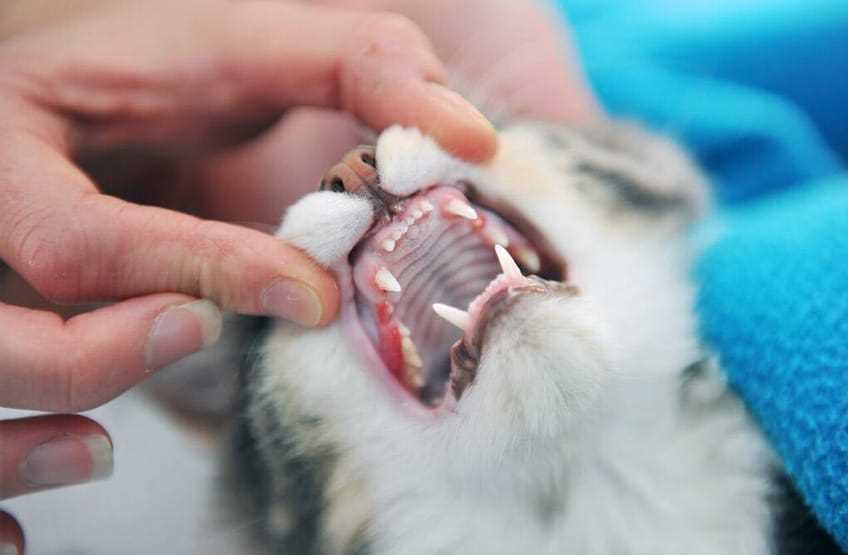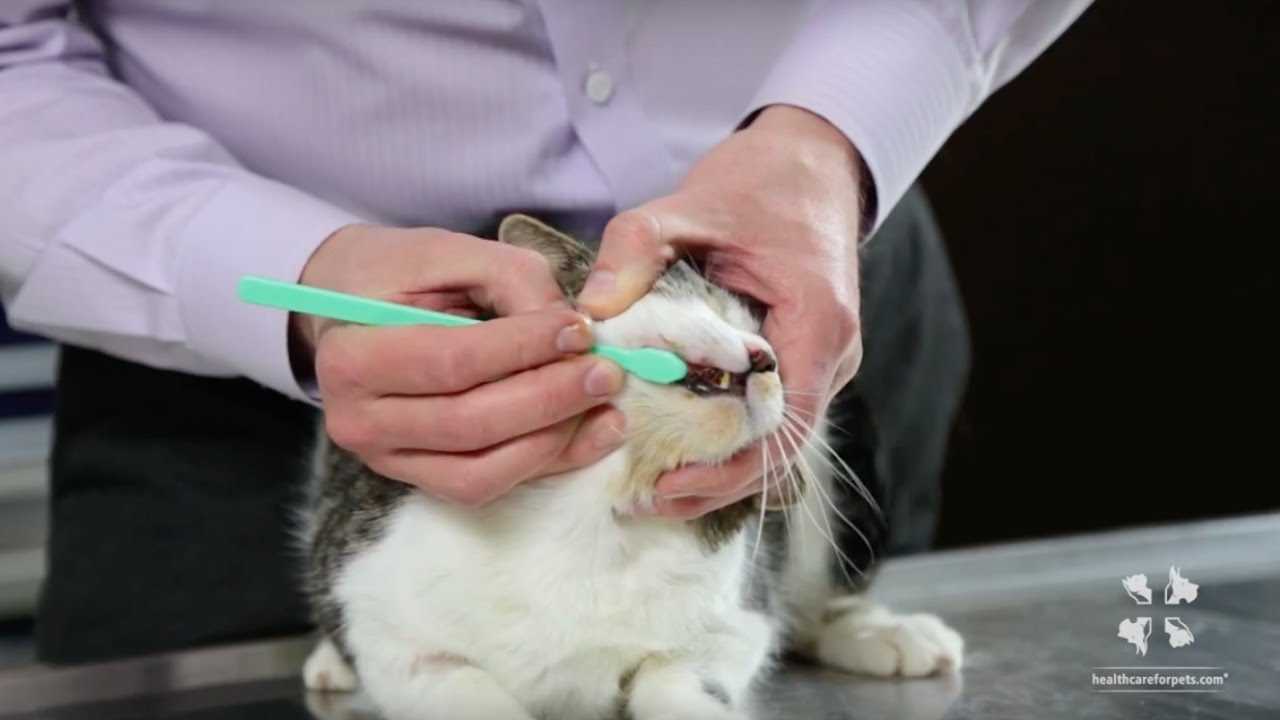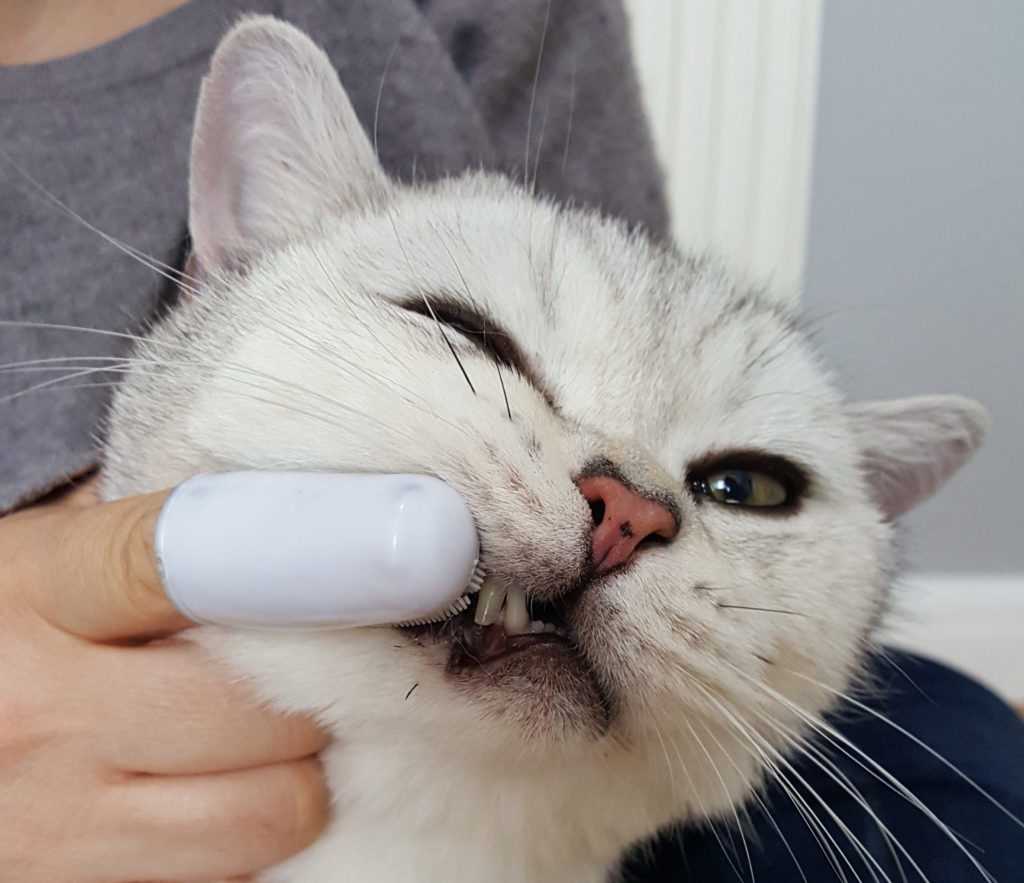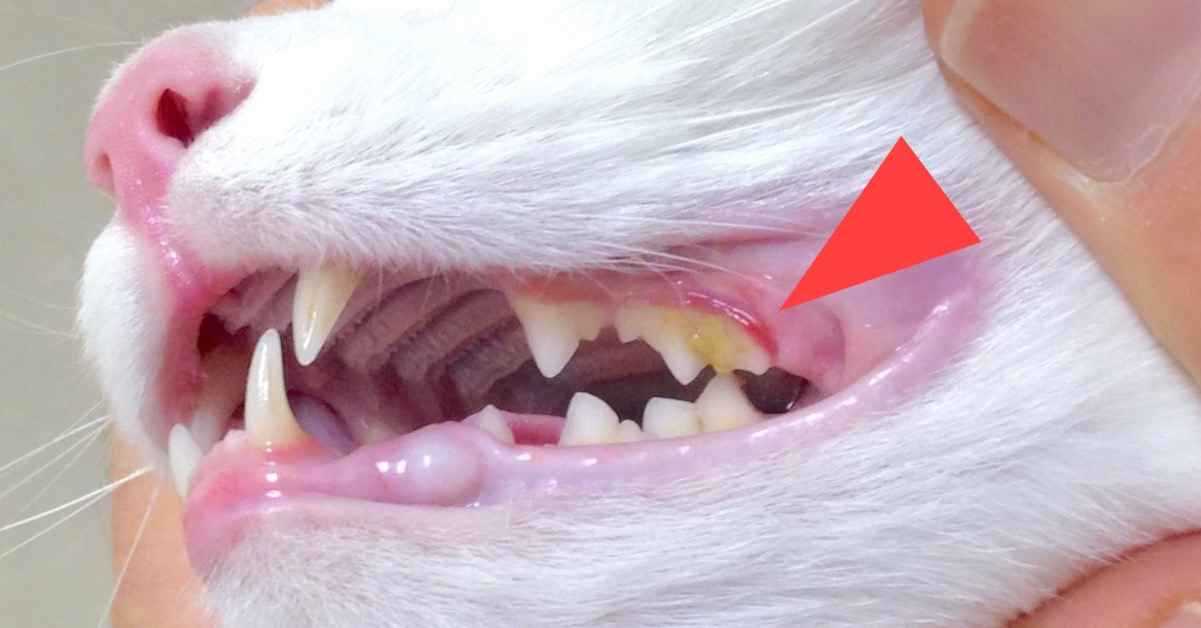



Daily brushing with a feline-friendly toothbrush and toothpaste is crucial for maintaining my oral hygiene. Using a soft-bristled brush specifically designed for my kind ensures comfort and effectiveness. I recommend introducing this routine gradually, making it a positive experience with treats and praise.
Incorporating dental toys and treats into my playtime also contributes to plaque reduction. Look for products that have the Veterinary Oral Health Council (VOHC) seal of approval, as these are proven to help in managing dental health. Chewing on these items not only keeps my gums healthy but also satisfies my natural instincts.
Regular veterinary check-ups are a must. During these visits, a professional cleaning can address any tartar build-up that brushing might miss. It’s also an opportunity for my human to discuss any concerns regarding my dental care routine and explore additional options like dental diets.
Water additives designed for oral health can be an easy way to promote freshness and cleanliness. Adding this to my drinking water helps reduce bacteria and plaque, making it a simple addition to my daily routine.
Teeth Maintenance Tips

Regularly using a toothbrush designed for felines is key. Opt for a soft-bristled brush to avoid discomfort. Choose a toothpaste formulated for pets, as human products can be harmful.
Establishing a routine makes this task easier. Aim for sessions two to three times a week. Begin gradually by letting me taste the toothpaste before introducing the brush. This builds familiarity and trust.
Consider dental treats that promote oral hygiene. Many brands offer specially formulated snacks that help reduce plaque buildup while being tasty.
Another option is dental water additives. These can be mixed into my drinking water for an easy way to support oral health without extra effort.
Regular check-ups with a veterinarian are crucial. They can assess dental health and recommend professional cleanings if necessary. Keep an eye out for bad breath, swollen gums, or difficulty eating, as these might indicate underlying issues.
- Use a soft-bristled toothbrush made for pets.
- Choose veterinary-approved toothpaste.
- Brush two to three times weekly.
- Incorporate dental treats into my diet.
- Consider dental water additives for easy maintenance.
- Schedule regular vet visits for check-ups.
Choosing the Right Toothbrush for Your Cat
Opt for a toothbrush designed specifically for felines. These brushes typically feature softer bristles and smaller heads, making them more suitable for our mouths. Look for options that are angled for easier access to hard-to-reach spots.
Consider the Handle

A comfortable grip is key, especially since you might need to brush for a while. Choose a model with a non-slip handle that allows for a secure hold, ensuring both you and your human feel at ease during the process.
Type of Bristles
Soft bristles are a must to avoid irritating delicate gums. Some brushes come with dual bristle types for a more thorough approach, allowing for both gentle cleaning and effective plaque removal. A fun design or color can also make this experience more enjoyable for your human, perhaps even leading to a laugh or two about names for girl cats.
Lastly, if your human is considering pet safety features, they might want to research whether does electric fencing hurt dogs, as understanding pet safety can enhance the overall environment while brushing.
Selecting Safe Toothpaste for Cats
Look for products specifically designed for feline use. Human toothpaste contains xylitol and fluoride, which are toxic to me and my furry friends.
Here are some tips for selecting the right paste:
- Check the label for ingredients that are safe for animals.
- Opt for flavors that appeal to pets, such as poultry or fish.
- Avoid any product containing abrasive substances that could harm gums.
Brands that focus on pet dental health usually offer effective options. Research customer reviews to find the most trusted products.
Consult with a veterinarian for recommendations tailored to individual needs. They can suggest specific brands or formulations based on health conditions.
Storing the paste properly is important; keep it in a cool, dry place to maintain its effectiveness.
Step-by-Step Guide to Brushing Your Cat’s Teeth
First, gather the necessary items: a cat-friendly toothbrush, approved paste, and treats for positive reinforcement. Make sure everything is within reach before starting.
Begin by getting me used to the toothbrush. Let me sniff and investigate it. A few gentle touches on my mouth will help me feel more comfortable.
Brushing Technique

Once I’m relaxed, gently lift my lip and place the brush at a 45-degree angle to my gum line. Use short, circular motions to cover the outer surfaces of my molars and premolars. Focus on one side, then repeat on the opposite side.
Don’t forget the front teeth! I might be a bit squirmy, so proceed with care. Just a few strokes here will suffice.
Aftercare
After brushing, reward me with a treat to reinforce the positive experience. If I seem stressed, keep the session short and gradually increase the time as I get more comfortable. Daily brushing is ideal, but aim for at least a few times a week.
| Tip | Description |
|---|---|
| Stay Calm | Your relaxed demeanor will help me feel at ease. |
| Use Praise | Verbal encouragement goes a long way in making the experience pleasant. |
| Monitor My Reaction | If I show signs of distress, take a break and try again later. |
With time and patience, I’ll get used to this routine, and my smile will shine brighter than ever!
Alternative Methods for Maintaining Dental Hygiene
Consider incorporating dental treats into my routine. These snacks are designed to reduce plaque and tartar buildup while providing a tasty experience. Look for options approved by veterinary dental organizations.
Another approach involves using dental wipes. These are convenient and easy to apply, allowing for a quick swipe across my mouth to help remove food particles and plaque.
Chew toys specifically made for oral care can also be beneficial. These toys encourage chewing, which naturally helps scrub away debris and supports gum health.
Regular vet check-ups are crucial. During these visits, professionals can perform thorough examinations and cleanings, ensuring my oral health is monitored effectively.
Adding water additives to my drinking bowl can assist in reducing bacterial growth and freshening breath. Ensure these products are safe and recommended for my kind.
Lastly, consider incorporating fresh, crunchy vegetables into my diet. Certain veggies can provide a natural way to help clean my mouth while offering nutritional benefits.
Signs of Dental Problems in Cats

Pay attention to these indicators that something may be wrong with your furry friend’s oral health:
Bad Breath
A persistent foul odor can signal underlying issues, such as periodontal disease or infections. It’s not just a minor annoyance; it often points to bacteria buildup that needs addressing.
Changes in Eating Habits
If I suddenly start avoiding my favorite kibble or show reluctance to chew, it might be a sign of discomfort. Trouble eating or a preference for softer food could indicate dental discomfort or pain.
Watch for drooling or excessive salivation. This could suggest oral pain or other serious conditions, such as oral tumors or advanced gum disease.
Visible Plaque or Tartar
Check for yellowish or brown buildup on my pearly whites. If you see this, it’s a clear indication that I need some help with oral hygiene.
Behavioral Changes
Uncharacteristic behaviors, such as irritability or withdrawal from playtime, might stem from pain in my mouth. If I seem more grouchy than usual, it’s time for a check-up.
Swollen Gums or Mouth Sensitivity
Red or swollen gums are red flags. If I flinch when you touch my face, there may be an issue requiring professional attention.
Difficulty Grooming
Should you notice me struggling with my grooming routine or avoiding certain areas of my mouth, it may indicate discomfort or pain that needs to be investigated.
Regular check-ups are key to spotting these issues early. If you notice any of these signs, don’t hesitate to reach out to a veterinarian. Keeping an eye on my oral health is crucial for my overall well-being!
Establishing a Regular Dental Care Routine
Brushing my pearly whites every day has become a part of my schedule. I suggest setting aside a specific time each week dedicated to oral hygiene. Consistency is key; it helps to create a habit for both of us. Try to pick a moment when I’m relaxed, maybe after my afternoon nap or during a cozy cuddle session.
Start slow. At first, just let me get used to the toothbrush and the taste of the toothpaste. Maybe give me a little nibble of the paste on your finger before introducing the brush. Once I’m comfortable, gradually work your way up to brushing my mouth for a few seconds each session. Aim for at least two to three times a week, but daily is even better!
Tracking Progress
Keep an eye on my smile! Regularly check for plaque build-up and any changes in my gums or breath. You might find it helpful to jot down notes on what I enjoy or dislike during our sessions. This can help in adjusting the routine to make it more enjoyable for both of us.
Involving Treats
After each brushing, reward me with a tasty dental treat. It reinforces a positive experience and makes me look forward to our next encounter. Just be sure these snacks are safe and suitable for my diet!








